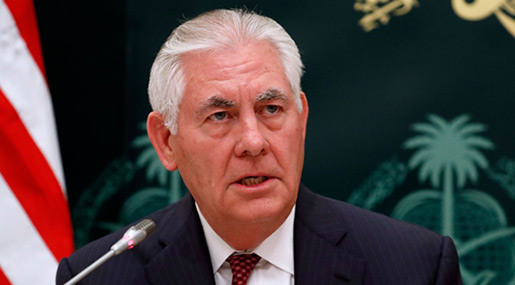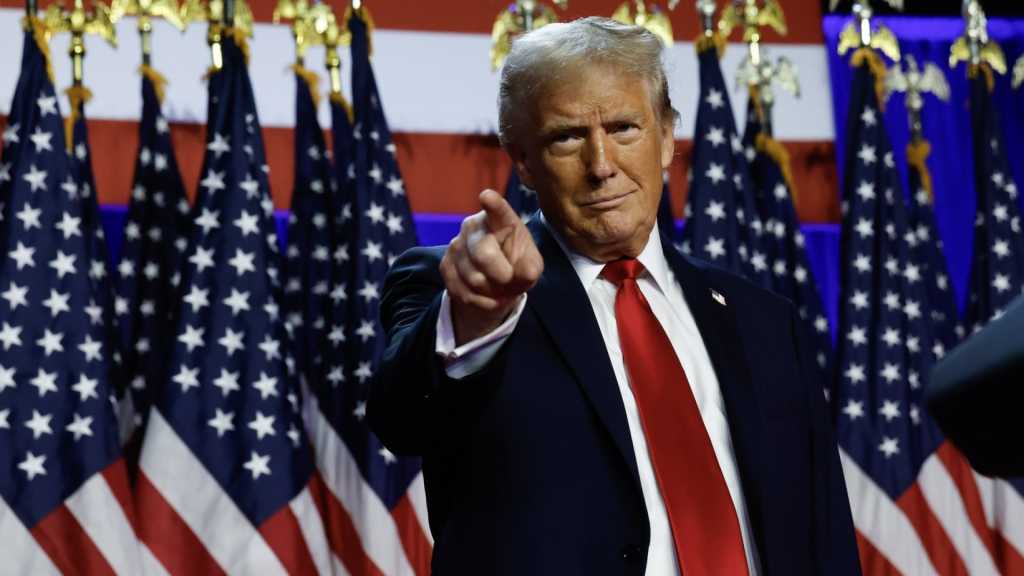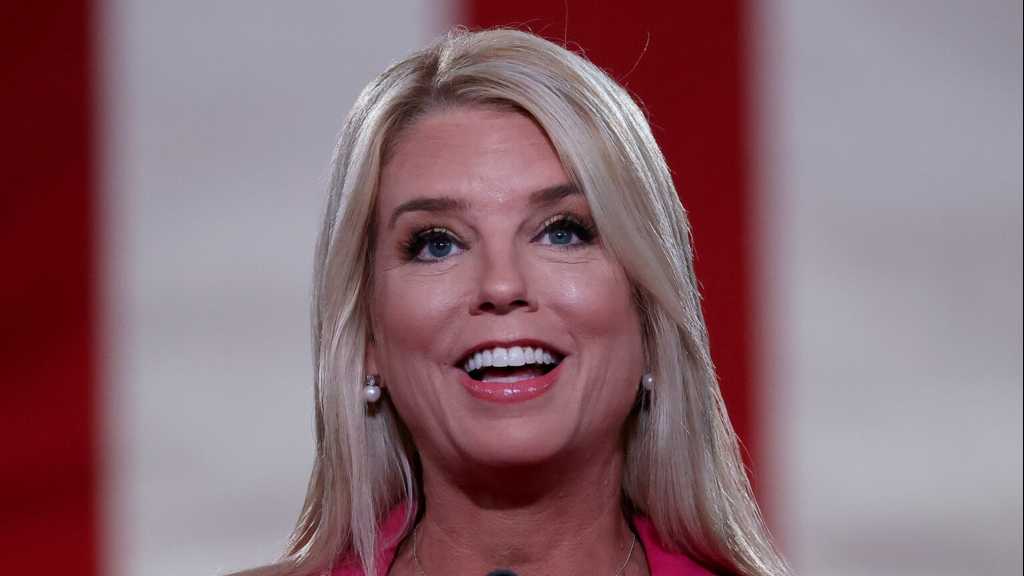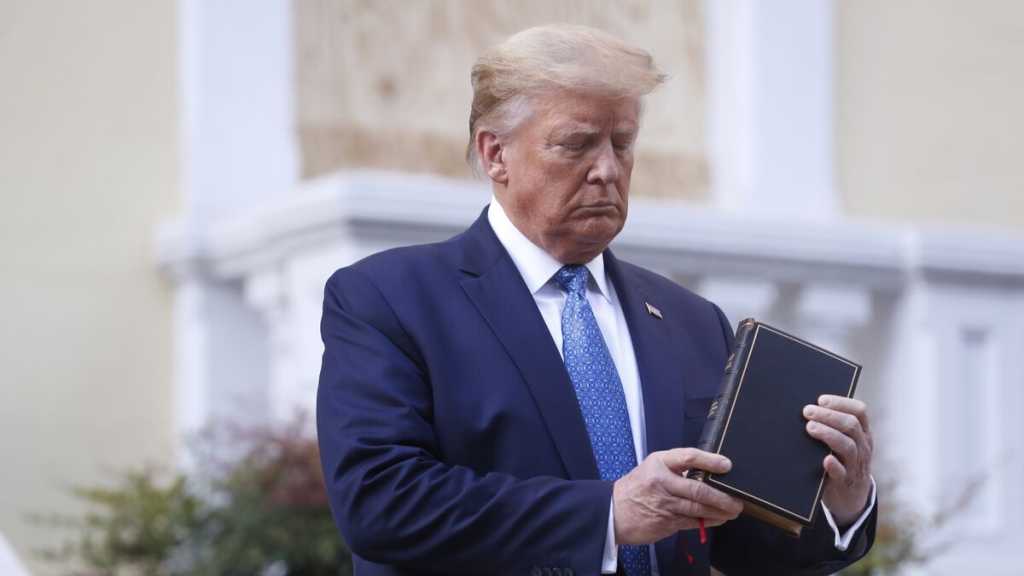Tillerson: US Building Alliances to Confront Iran

Local Editor
US Secretary of State Rex Tillerson says the United States is building alliances with certain countries in the Middle East in order to confront a wide range of threats Iran is presenting.

Tillerson made the remarks in an opinion piece published in The New York Times on Thursday where he defended the foreign policy record of President Donald Trump's administration.
"The flawed nuclear deal is no longer the focal point of our policy toward Iran," he said. "We are now confronting the totality of Iranian threats."
"Part of this strategy entails rebuilding alliances with our partners in the Middle East, and in November we helped re-establish diplomatic ties between Iraq and Saudi Arabia," he added.
"We will continue to work with our allies and with Congress to explore options for addressing the nuclear deal's many flaws, while building a like-minded effort to punish Iran for its violations of ballistic missile commitments and its destabilizing activities in the region," he continued.
Trump has been desperately trying to undo the nuclear agreement with Iran, which restricts his ability to pursue harsher policies against the Islamic Republic.
On October 13, Trump announced he would not re-certify the international accord. Under US law, the president is required to certify Iran's compliance with the nuclear agreement every 90 days. Trump has done so twice since taking office, albeit reluctantly.
In refusing to certify the accord for a third time, Trump passed the buck to Congress to decide whether to restore sanctions on Iran, which were lifted in exchange for Iran agreeing to limit its nuclear program.
Congress was given by the White House until December 12 to decide whether to impose economic sanctions on Tehran again but it chose not to take any action and thus sent the issue back to Trump.
Since its inception in January, the Trump administration has been spreading anti-Iran propaganda, accusing the country of being involved in subversive activities in Yemen, Syria, and Iraq where the United States and its regional allies like "Israel" and Saudi Arabia are actually involved in supporting terrorists. Saudi Arabia even has been bombing the impoverished people of Yemen since 2015.
Iran on the other hand has helped the governments in Iraq and Syria to help fight foreign-sponsored terrorists. Iran has also helped the forces resisting the Saudi aggression in Yemen in an effort to help protect the country's sovereignty and establish peace there.
But the Trump administration has built alliances with "Israel", Saudi Arabia, the UAE, and some other countries in order to confront what it calls a threat presented by a rising Iran.
In his article, Tillerson also claimed that some 90 percent of North Korea's export earnings had been cut off by a series of US-led sanctions after Washington "abandoned the failed policy of strategic patience."
"We hope that this international isolation will pressure the regime into serious negotiations on the abandonment of its nuclear and ballistic missile programs. A door to dialogue remains open, but we have made it clear that the regime must earn its way back to the negotiating table. Until denuclearization occurs, the pressure will continue," he wrote.
Tillerson said "a door to dialogue remains open" for Pyongyang but warned "until denuclearization occurs, the pressure will continue."
Washington's decades-long military presence in and around the Korean Peninsula has forced Pyongyang to develop its ballistic missiles and nuclear weapons as a deterrent against Washington's aggression.
North Korean leader Kim Jong-un has ordered the production of more rocket warheads and engines. Pyongyang says it will not give up on its nuclear deterrence unless Washington ends its hostile policy toward the country and dissolves the US-led UN command in South Korea. Thousands of US soldiers are stationed in South Korea and Japan.
In his piece, Tillerson also acknowledged of the US having "a poor relationship with a resurgent Russia."
The top US diplomat accused Moscow of invading "its neighbors Georgia and Ukraine in the last decade and undermined the sovereignty of Western nations by meddling in our election and others'."
Many Democrats and some Republicans have accused the Russian government of meddling in the 2016 US election that they say helped Trump defeat his Democratic rival, Hillary Clinton. But Trump and Russian officials have repeatedly rejected such allegations.
It's interesting that first time a top member of the Trump administration has now endorsed the argument of Trump's opponents.
According to senior Trump administration officials, Trump has reportedly lost confidence in Tillerson and is planning to remove him in favor of CIA Director Mike Pompeo, a Trump loyalist and foreign policy hard-liner.
The 53-year-old CIA chief has taken tough foreign policy stands, especially on Iran, and talked about how his agency is becoming more aggressive and how he has been focusing on deploying more CIA agents abroad.
Source: Press TV, Edited by website team
Comments




